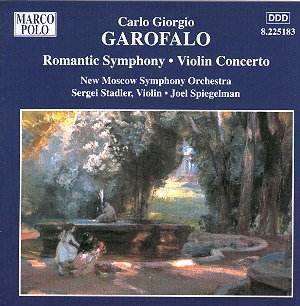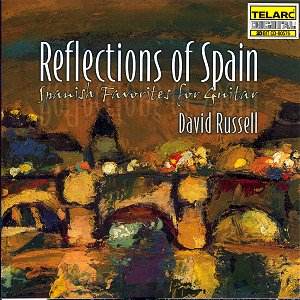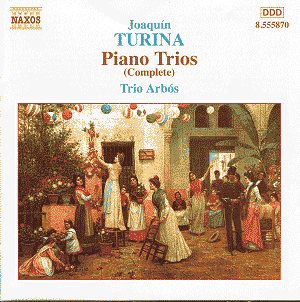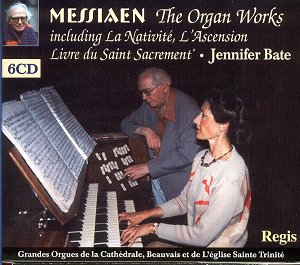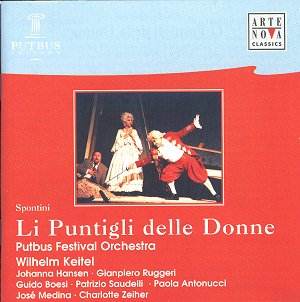 Composer: Gaspare Spontini
Composer: Gaspare Spontini
Works: Li Puntigli delle Donne (1796)
Performers: Johanna Hansen (Giannina, soprano), Giampiero Ruggeri (Conte Brontolone), Guido Boesi (Dottore Mangiacarte, baritone), Patrizio Saudelli (Valerio, tenor), Paola Antonucci (Rosimene, soprano), José Medina (Cavaliere del Ciufolo, tenor), Charlotte Zeiher (Lisetta, soprano), Putbus Festival Orchestra/Wilhelm Keitel
Recording: 5-6/1998, Marstall zu Putbus, Rügen
Label: ARTE NOVA CLASSICS 74321 59198 2 [2 CDs, 67.59, 59.13]
Emerging from the rich tapestry of 18th-century Italian opera, Gaspare Spontini’s “Li Puntigli delle Donne,” a farce in seven characters, exemplifies the genre’s transition toward the romantic ideals that would soon dominate European music. Premiered in 1796, this work reflects the burgeoning comic opera tradition that sought to entertain audiences with lighthearted intrigue and engaging melodies. While often overshadowed by contemporaries like Mozart and Rossini, Spontini’s early efforts reveal a distinct compositional voice, characterized by a nuanced orchestral palette and a keen sense of character differentiation within ensembles.
The recording features the Putbus Festival Orchestra, conducted by Wilhelm Keitel, who demonstrates a commendable grasp of pacing, particularly in the recitatives, which flow with an ease that showcases the work’s comedic timing. The orchestra’s woodwinds shine brightly, particularly in “Gli augelli garruli,” where the interplay between the flutes and strings introduces a lively atmosphere befitting the opera’s farcical nature. Keitel’s direction keeps the performance engaging, ensuring that the ensemble work retains its vitality without descending into mere chaos, a common pitfall in comic operas.
However, the vocal performances present a mixed bag. Johanna Hansen’s portrayal of Giannina, while earnest, leans towards a mezzo-soprano quality despite being categorized as a soprano. Her struggles with the Italian language, particularly in more rapid passages, detract from the sharpness expected in a comedienne’s delivery. Conversely, Paola Antonucci’s Rosimene emerges as a highlight; her robust and vibrant tone promises a bright future in the operatic realm. Antonucci’s aria stands out not only for its technical demands but also for her ability to infuse it with character, making it the most memorable moment of the recording.
The tenor performances, however, reveal inconsistencies. While José Medina’s smoother vocal lines and control suggest potential for future engagements, Patrizio Saudelli appears less assured, with aspirated runs and strained high notes that undermine the comedic effect. The two baritones, Giampiero Ruggeri and Guido Boesi, fulfill their roles satisfactorily, embodying the typical Italian comic archetype with flair and humor.
The recording quality itself is commendable, with a clarity that allows the listener to appreciate the orchestral subtleties and the nuances of the vocal lines. Yet, the booklet’s limited notes on the plot, coupled with the absence of a complete libretto, may leave some listeners wanting more context. The discrepancies between what is printed and performed raise questions about the fidelity of the text used in this recording.
Spontini’s “Li Puntigli delle Donne,” while not reaching the heights of operatic genius achieved by his successors, provides an engaging listen, particularly for those interested in the evolution of comic opera. The Arte Nova price point makes this recording an appealing acquisition for both novice opera-goers and seasoned aficionados alike. While it may not demand repeated hearings, the work’s orchestral charm and moments of vocal brilliance merit a place in any operatic collection.
